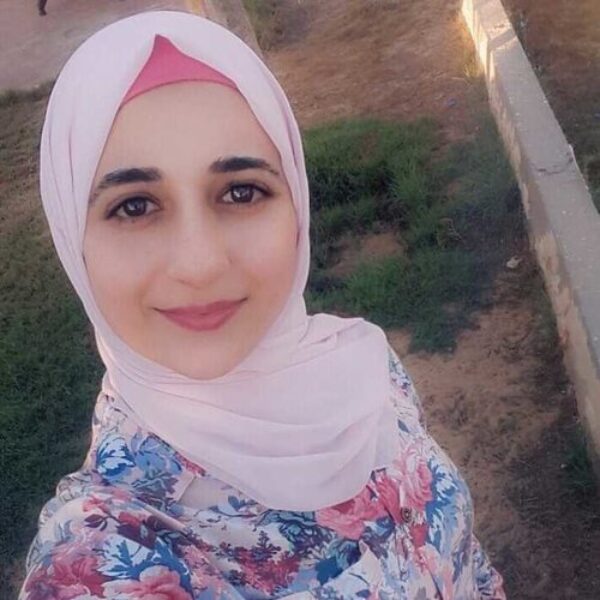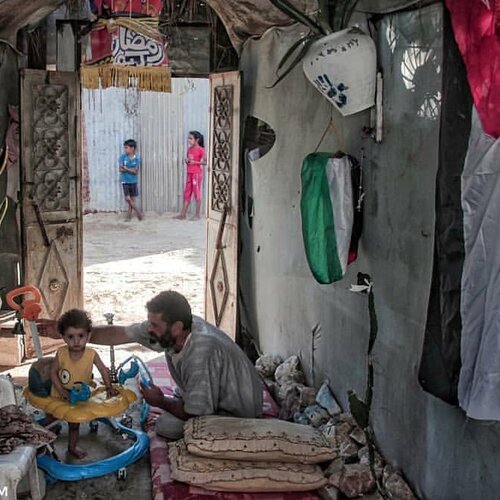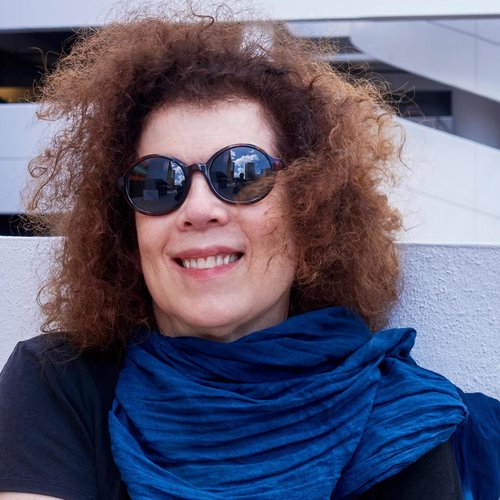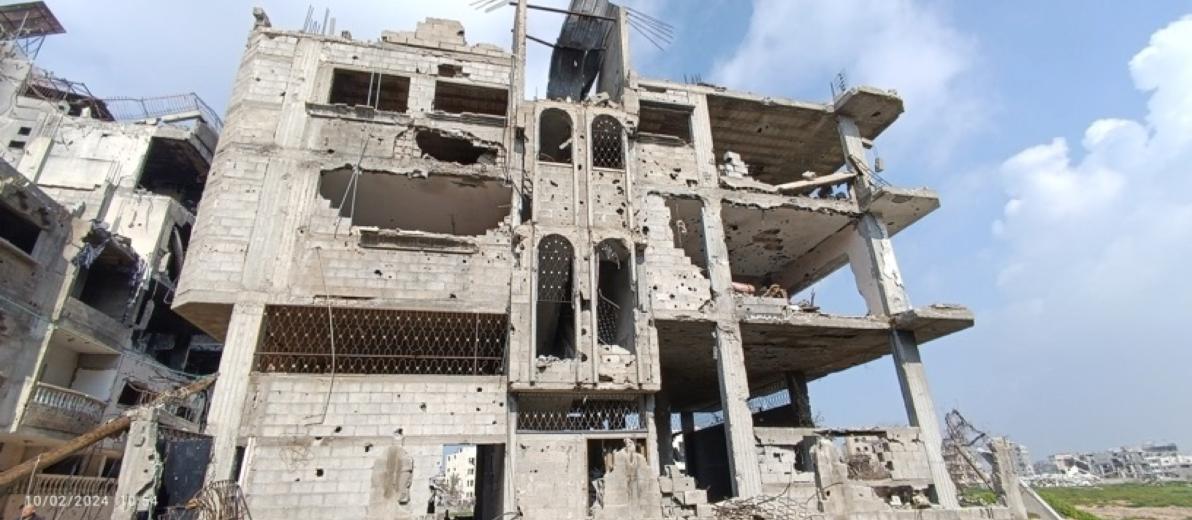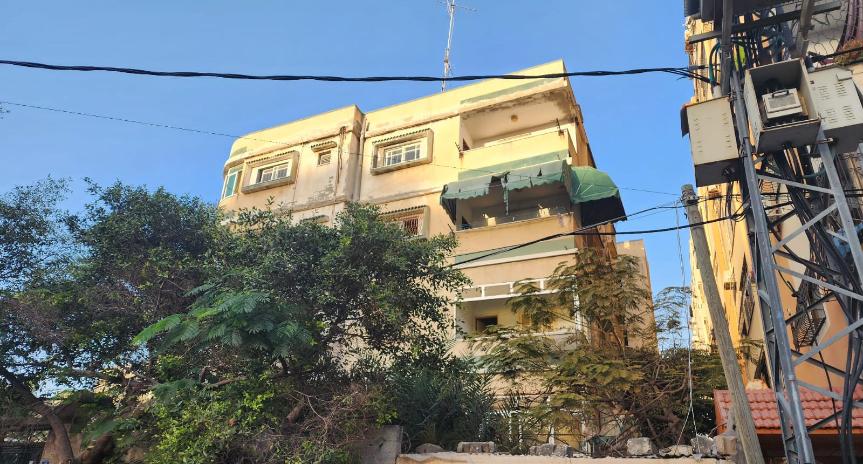The end of every day is the beginning of a new one, but you never know if it will go as planned. You'll get that to which you are destined.
The night of the 24th of August was about to end like every other day. I sat with my family, eating cream caramel and talked about the four Gazans who had been killed that day by Israeli airstrikes. We have become used to hearing such news, since we live under Israeli occupation. My sister Esraa excitedly laid out her clothes for her first day on her new job with a bank. It wasn’t her “dream” job, but any job in Gaza is cause for celebration!
Then, the media reported the news that changed the course of life in the Gaza Strip. News of that “community spread” of COVID-19 within Gaza first broke on the internet and then a couple of hours later, at 11 p.m., the Palestinian Ministry of Health held an urgent press conference to confirm that four people in the al-Maghazi refugee camp in the middle of the Strip. They had gotten the virus from a family member who had just travelled into Israel through the Erez checkpoint and was tested upon arrival. The news was a shock; all of the previous people who tested positive for COVID had just crossed into Gaza from another country and were immediately quarantined.
At my home, life turned upside down. The next day was supposed to be the first working day for my sister, Esraa, but she was promptly informed not to report in. I was supposed to receive a dress I ordered online a month ago from a new Gaza business that imported clothes from Tukey. My work as an English tutor evaporated and my two brothers were suddenly up in the air as well. One earned money as a delivery person (he now is back at work; people still need to live!) and another ran his own tandoori stall.
But the very first concern that came to mind is my disabled sister, Alaa. When she was 5 months old, she developed meningococcemia, a virus that attacks brain cells and causes a sudden, very high body temperature. The infection affected her development, distorting her back into an S shape, so she can't walk normally. She requires special medicine and supplies like diapers, which are hard to get in Gaza. We are all worried about the virus’ tendency to target people with chronic disease.
During the press conference, medical staff tried to calm us down, saying they are tracing the people exposed to the woman who traveled to Israel. But it was too late; the next day, the Ministry of Health reported two more COVID cases that were unrelated to and had had no contact with the woman. And as more followed, panic began to spread.
Filling our time
Security and health authorities declared a state of emergency and imposed a strict curfew— isolating provinces from each other; conducting contact tracing in infected areas; and closing all shops and public facilities, except for pharmacies and some grocery stores.
The first day of curfew, we made a cake. Securing the ingredients was an adventure. The nearby groceries were closed, so my brother went to one far away. He found the ingredients, but as soon as he left the store, the police shut the supermarket down. The day ended with a piece of cake and a cup of tea while watching the news. I also occupied myself by watching movies, reading books, playing cards with my brother (whom I beat most of the time) and writing this diary. I also tried to convince my sisters to work out and practice yoga together.
On the second day, my disabled sister’s medicine was about to run out, so I had to go with my sister Maysa to the pharmacy. Since we do not know how bad the situation will be in the coming days, we bought enough for a month. As we walked, the scene was like this: There were police checkpoints on every street and an ambulance at every roundabout. The streets were empty; not even a taxi could be found. So, we walked for 30 minutes to reach the pharmacy. While we were out, we also bought some snacks.
Every night ends with us browsing through news sites, waiting for the Ministry of Health press conferences to learn the latest news.
Curfuew vs. herd immunity
Lockdown is not the same in every country, I know. The situation in Gaza is among the most intense and complex because of our other challenges.
Try to imagine how harsh a 24-hour curfew is without electricity and clean water. Although our increasingly dire emergency has finally forced Israel to end its ban on fuel imports, when COVID first hit, we only had electricity for four hours a day during a record-breaking heat wave. (Even now, with more fuel coming in, we still are without electricity for about eight hours a day.) Our refrigerators can’t keep perishable food cold, so we have no choice but to go to the market every day despite the lockdown. Fans can’t run, and our phones and laptops run quickly out of charge. In addition, the crowded-together apartment blocks have no access to green space. Our concrete-block buildings have roofs made only of asbestos and metal sheets, with no balconies. We often go to our roofs for relief.
We realize it will be like this for many days more, staying home like during war time, but due to an invisible enemy. Many Gazans live from hand to mouth to feed their families, and now many have no income.
Given our lack of medical facilities and supplies (like masks and hand sanitizers), and the need of people to go out and earn an income, many assume our only choice is to create “herd immunity” – in other words, a state in which so many are exposed to the virus that there is a collective immunity. But this would come at great cost to the elderly and people with chronic health conditions, like my sister. This would be like a mass suicide.

